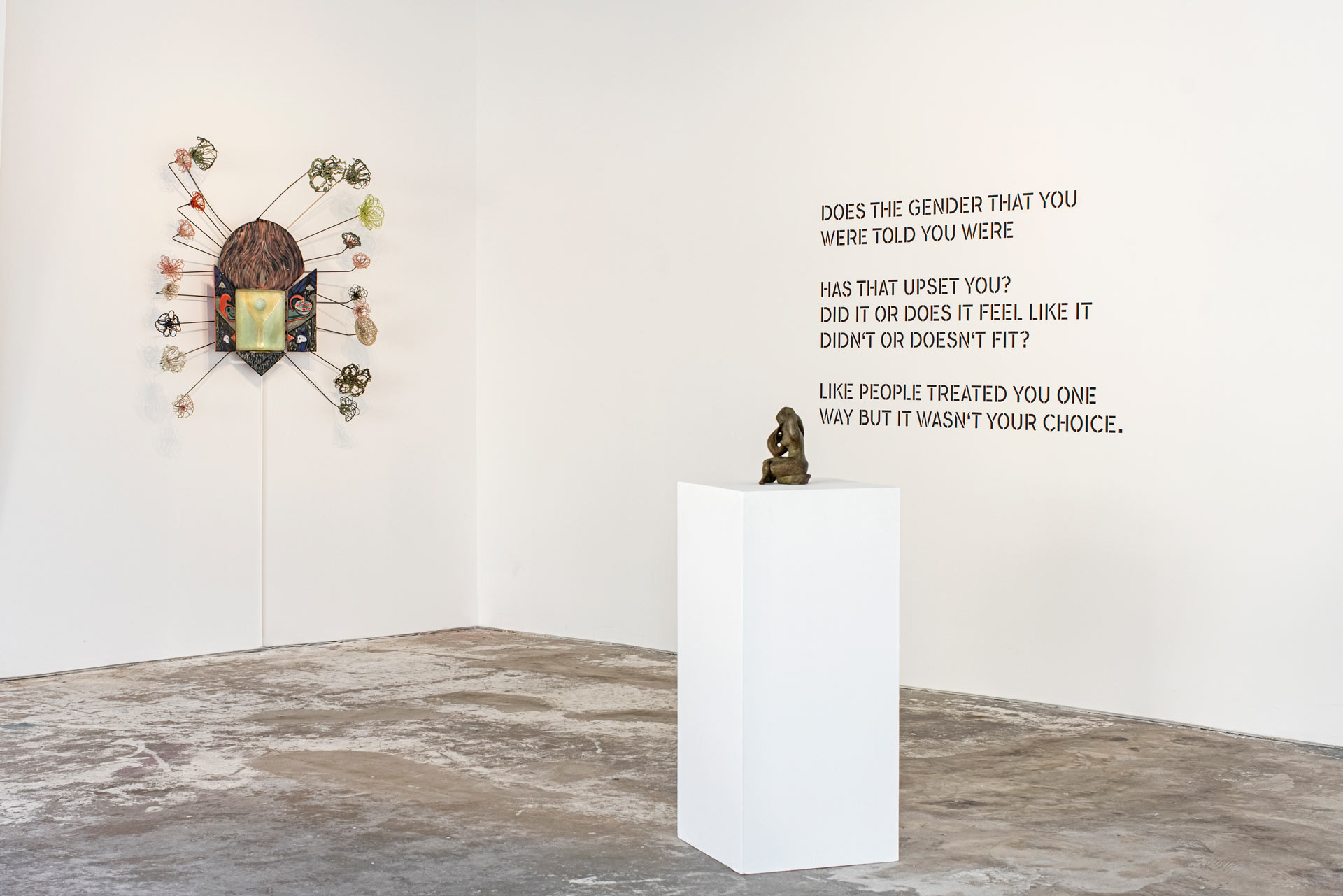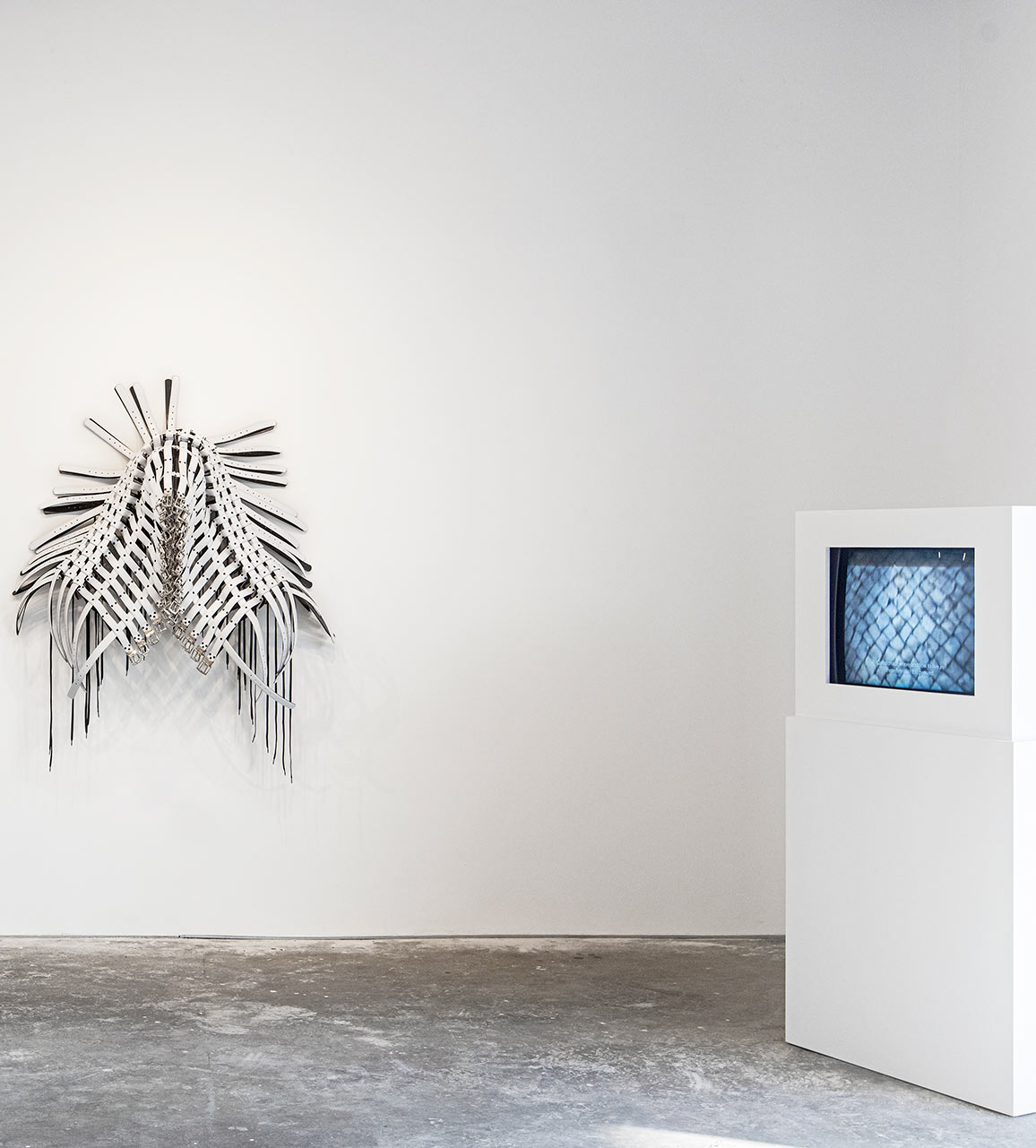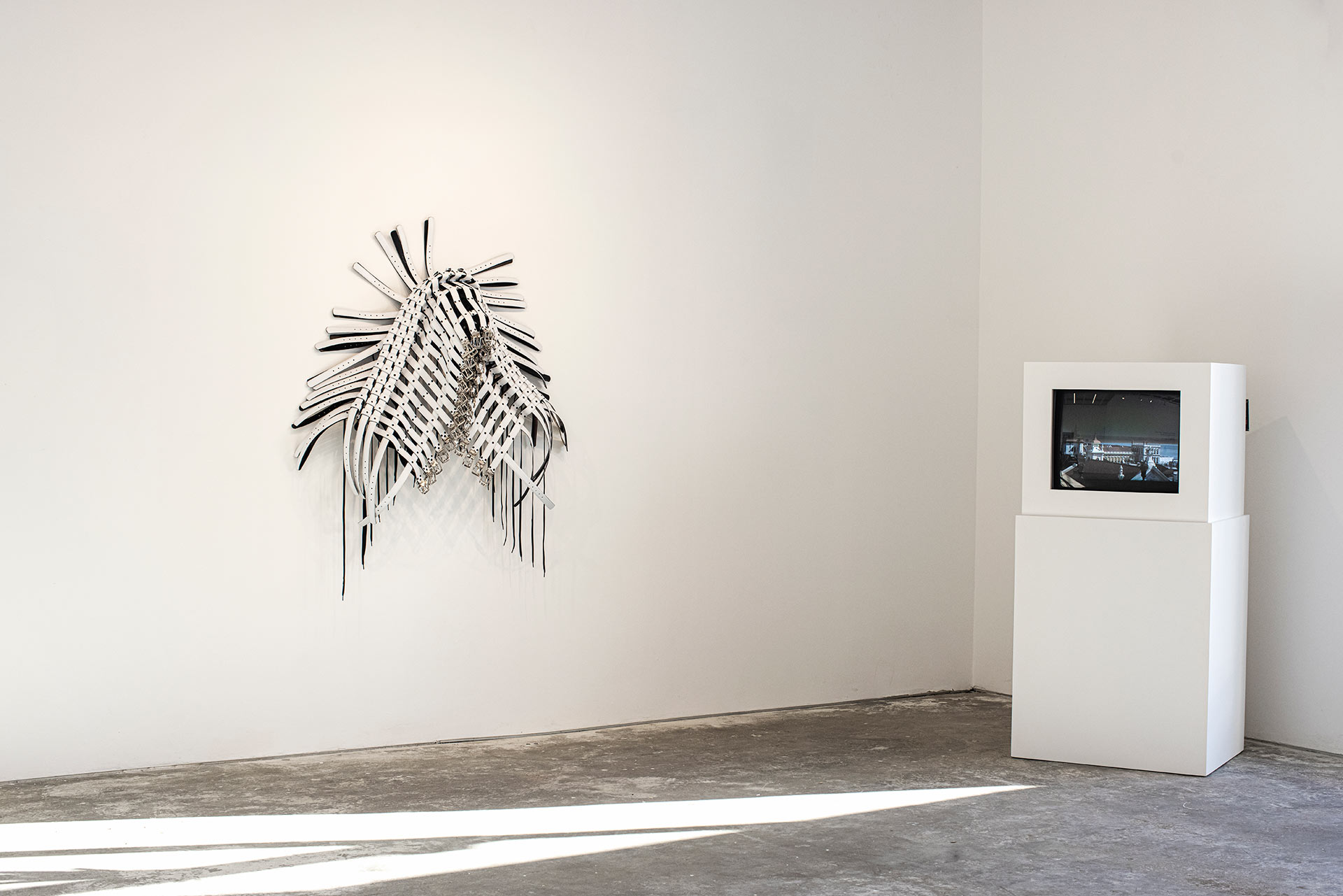Throughout my life and career, I’ve had the opportunity to learn and be deeply nurtured and moved by the ideas of many women, women that have given me and my own ideas an inexplicable power; women who have potentialized and changed the way I understand, navigate and experience the world. Vida Social, is an exhibition based on certain concepts by the feminist, activist and Afro-Dominican anthropologist Ochy Curiel. Particularly, on some ideas taken from a conference Curiel gave in the presentation of her book “Decolonization y Depatriarchalization from and within the feminisms of Abya Yala” (Ochy Curiel, María Galindo, Descolonización y Despatriarcalización de y desde los feminismos de Abya Yala, ACSUR- Las Segovias, 2015) at the Index Book Fair in Mexico City in 2021.
In it, Curiel addressed the way in which contemporary Latin American sociology has adopted the concepts of relational ontology and cosmo-praxis as connecting points from which we can reconfigure and understand our “social life”, leaving anthropocentrism and cultural reductionism behind, in order to find a “being-alive” state, an instance defined by the relational dynamics produced between its parts; things, beings, contexts and environments. Metaphorically, we can speak about life weavings and rhizomes, constant and open, that broaden our existence onto a complex dialectic that is ever-changing, as opposed to a system that reduces our experience to standardized categories convenient for the absorption of niche capitalism and consumption.
I am interested in exploring Curiel’s idea of ‘cosmo-praxis’ and relational sensibility within an art space, as one that denotes the social dimension of life and its constant flux between geographies, houses, families, the living, the dead, landscapes, animals, systems, peaks, and valleys, bodies of water, etc.
Human experience is constantly moving with a pulse and an impulse of its own, but it is also moved - by context and surroundings, propelled by everything that happens to us and impacts us, generating continuous synchronizations and connections between these movements -lines, or rhizomes- and our life and death drives. It is also integrated, exercised and made evident in the artistic practice; experiences conceptualized, contained and then translated from the semiology of a medium and materials that allow artists to abstract concepts that connect, weave, intertwine and become a whole again, made by us and for others.
A world where all other worlds can exist.
My curatorial interest on this occasion is based on a small selection of artists and practices that have clashed with my own world, by being alternative to mine, dissimilar or dissident, and that in that sense are worlds on their own, inevitably expressed by the particularity of each of us and our practices, living in political geographies that connect us to yet another sub-world, one related to a shared post-colonial past and trauma that has disfigured and reshaped our identities, but from which we resist in order to continue designing, creating, and abstracting our current world into a possible future.
I am very pleased to exhibit and curate a project in a country like Puerto Rico, a place that relates to some of the artists in the exhibition. On a personal level, I think Puerto Rico is a place with an immense cultural power that has impacted and reshaped Latin America and the world through expressions like music, for example, serving as a vehicle to unify and gather us- a proverbial us- in the face of something that is impossible to standardize, thus reinforcing Curiel’s idea of relational ontology and cosmo-praxis.
After all, being an artist is at times being an island, knowing your limits, acknowledging your smallness, feeling isolated, creating your own process, and re-signifying the ways in which we connect with interdependency, in order to transcend.
Text by Frieda Toranzo Taeger.



